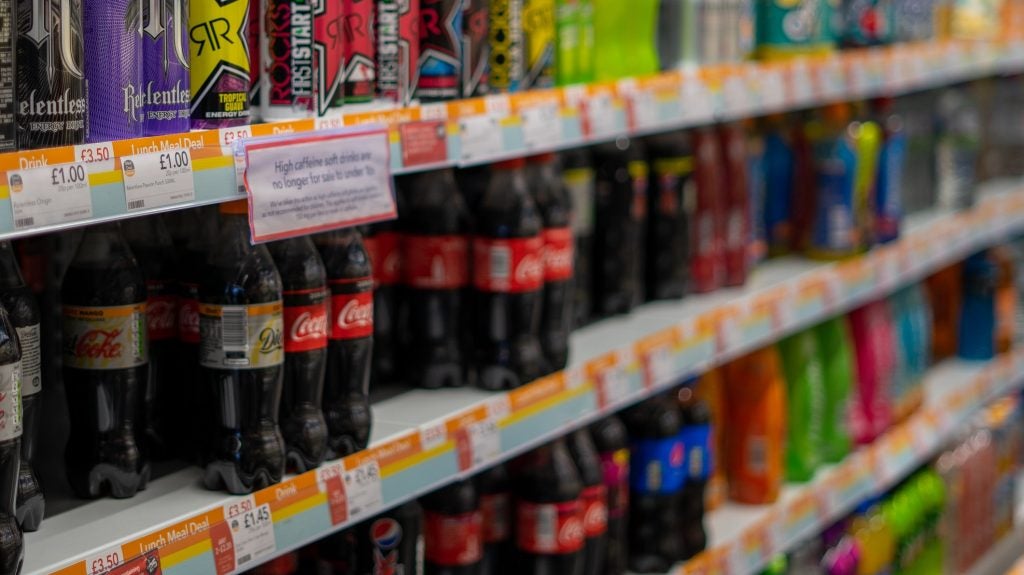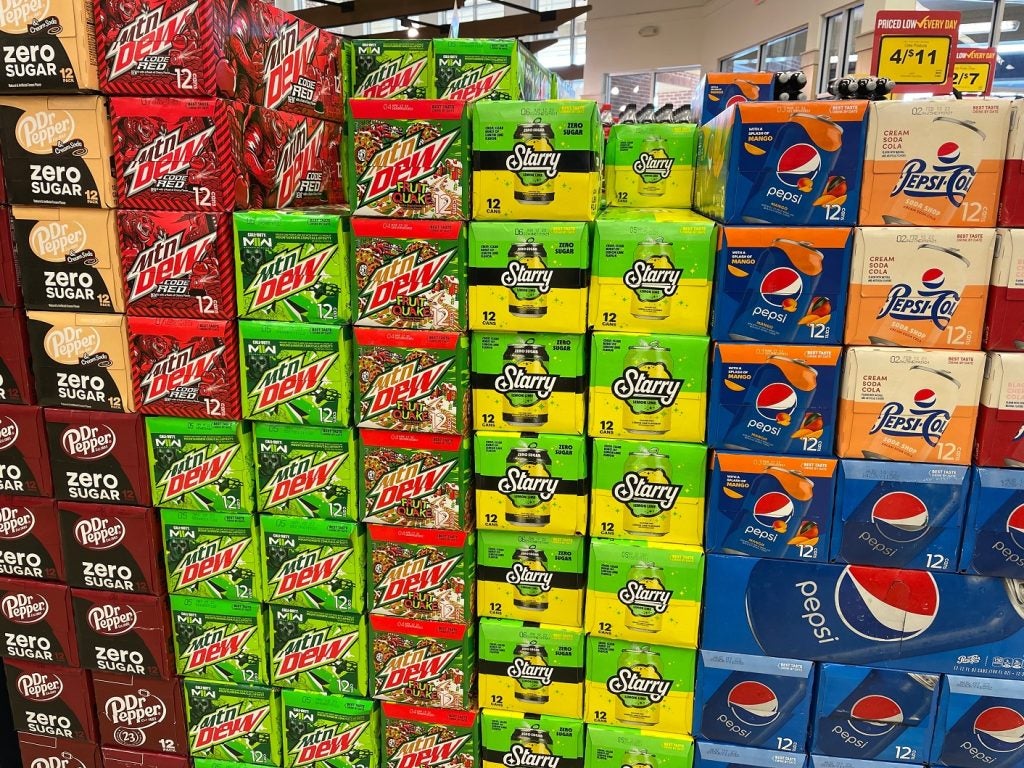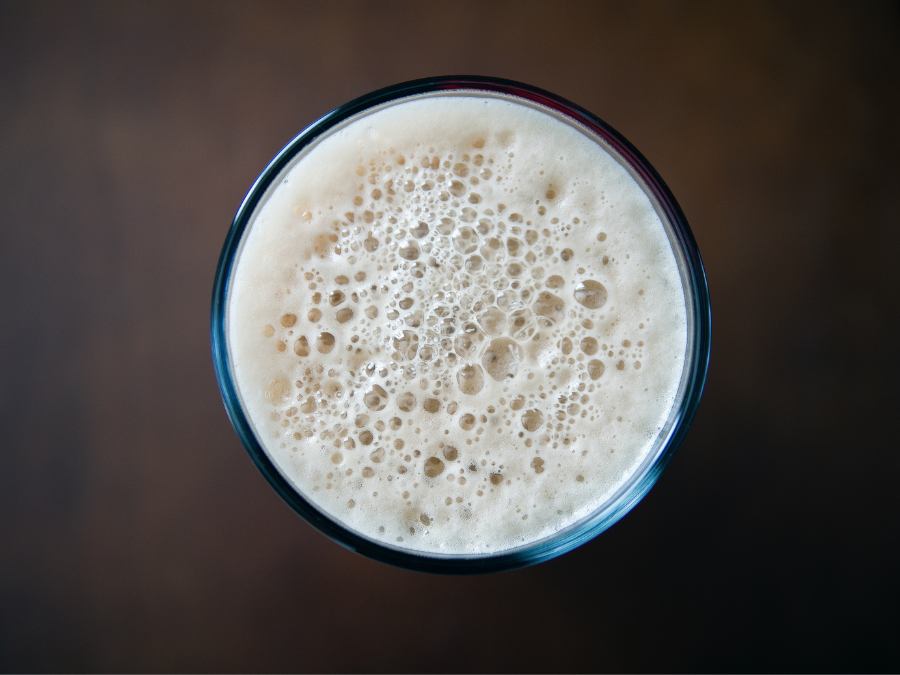 The question of Allied Domecq’s future within drinks industry consolidation has once again raised its head. Chris Brook-Carter looks at this reoccurring theme and suggests it may be sometime before the city’s thirst for a deal is satiated.
The question of Allied Domecq’s future within drinks industry consolidation has once again raised its head. Chris Brook-Carter looks at this reoccurring theme and suggests it may be sometime before the city’s thirst for a deal is satiated.
A quick look at this week’s news pages and you’d be forgiven for thinking that Allied Domecq’s PR department were due a bonus, if such things were worked out on the column inches the company commands in the press per week.
Speculation on a bid for Peter Lehmann Wines, the appointment of a new non-exec director, the signing of a deal with Corby Distillers, a full year trading statement and continuing rumours over its part in industry consolidation have combined to make Allied and its CEO Philip Bowman seem almost omnipresent within the trade and consumer business press.
But as the company moves into quieter times in the next few weeks – well quietish, depending on how any bid for PLW pans out – one subject will continue to follow the company, maintaining its newsworthiness, just as it has done since the formation of Diageo some five years ago – that of further industry consolidation or more simply, will Allied acquire or be acquired?
This last manifestation of the rumour placed Brown-Forman, the US-based owner of Jack Daniel’s, as the protagonist, perhaps with the help of Bacardi and a US venture capitalist. And despite years now of similar rumours, which have amounted to nothing, the market grabbed at the possibility and Allied’s shares jumped healthily.
How well do you really know your competitors?
Access the most comprehensive Company Profiles on the market, powered by GlobalData. Save hours of research. Gain competitive edge.

Thank you!
Your download email will arrive shortly
Not ready to buy yet? Download a free sample
We are confident about the unique quality of our Company Profiles. However, we want you to make the most beneficial decision for your business, so we offer a free sample that you can download by submitting the below form
By GlobalDataAs we suggested at the time, the excitement this rumour generated can be explained to an extent by the long and relatively news-free August weeks, but it is also representative of quite how inevitable the market views the eventual participation of Allied in the consolidation process.
It is of course not just the market that sees it that way. “Further consolidation is pretty inevitable, because economically it has shown to have been very attractive,” Bowman himself said recently.
Even the press release that announced its recent deal with Corby seemed to hint at the strategic future. “In the event that Allied Domecq participates in certain global consolidation activity within the spirits industry, Allied Domecq may terminate the agreements on six months notice,” it said.
Certainly the logic behind Allied merging, acquiring or being acquired is compelling. Since the formation of Diageo the group of second tier wine and spirits group, led by Allied, have struggled to deal with the giant’s muscle. This is particularly true in the US, the world’s most important market, where Diageo now controls a 22% share. Allied by comparison controls only 9%.
Meanwhile, despite being bolstered in the last 12 months by a number of wine acquisitions and the arrival of Malibu and the US distribution rights for Stolichnaya to its cocktail of spirits brands, Allied’s portfolio of brands looks weak when stood next to Diageo. Indeed, despite its number two position in the global market it owns just one brand in the world’s top 20 brands, Ballantine’s.
In short, as Diageo tightens its grip, the likes of Allied, Brown-Forman and Bacardi are running out of long-term growth options. Allied therefore will consolidate sooner or later – or so the argument goes.
The truth is of course more complicated, because while the logic may be compelling the list of possible options is not.
The first barrier is price. Bulls will argue that Allied is still trading at a substantial discount to Diageo. But, compared to the spring (when it traded at 257p share) the company is now significantly more expensive at close to 390p, valuing it at £4.3 billion. A window of opportunity for any potential suitor appears to have been missed, with a recent Financial Times report estimating that a successful bidder would now have to stump up £7 billion to tempt shareholders to part with their stock.
Those left with that sort of potential financial clout, Diageo itself, Bacardi, Brown-Forman and Pernod Ricard are all problematic in there own ways.
On their own, Bacardi and Brown-Forman cannot afford the deal in there present forms and as family-owned groups are known to be reluctant to give up the control that any cash generating IPO would involve. Diageo would hit all sorts of competition issues, while Pernod is still working with the strategic and debt issues that are a legacy of its part acquisition of Seagram’s drinks cabinet.
The most likely scenario then is some sort of joint acquisition. While the drinks world has seen this work with success in the past (Diageo and Pernod joined forces to acquire Seagram’s drinks chest), a deal to split up Allied may be more complicated, with even a four way carve-up a possibility – after all Foster’s is sitting pretty on a war chest that could be utilised to buy Allied’s performing wine division, Bacardi and Brown-Forman would then split the spirits business, leaving the fast food division to a venture capitalist such as Texas Pacific Group.
Though complicated, it could make sense. But Allied and any possible suitors have had ample opportunity since Diageo was formed to make their move – five years in fact. That nothing has materialised thus far speaks volumes in itself.







